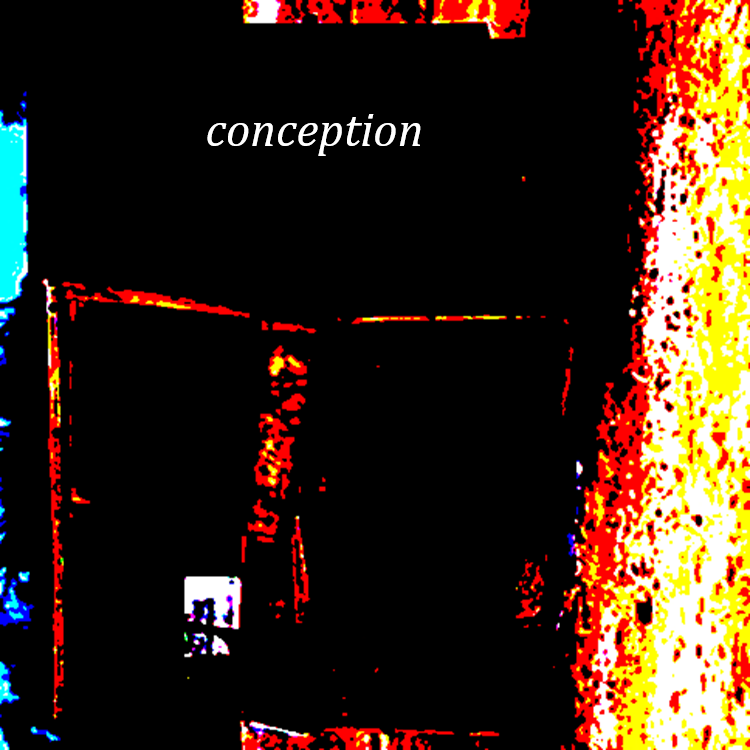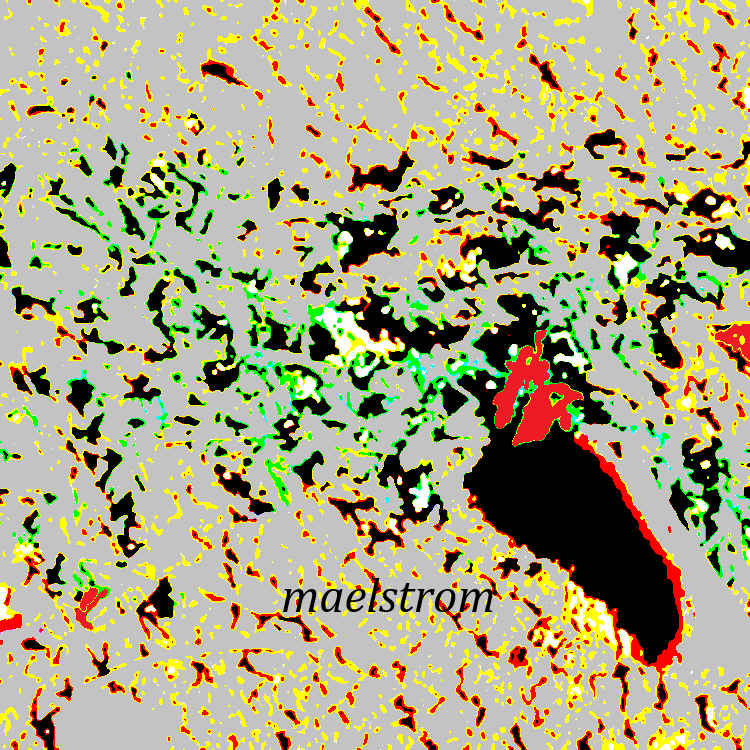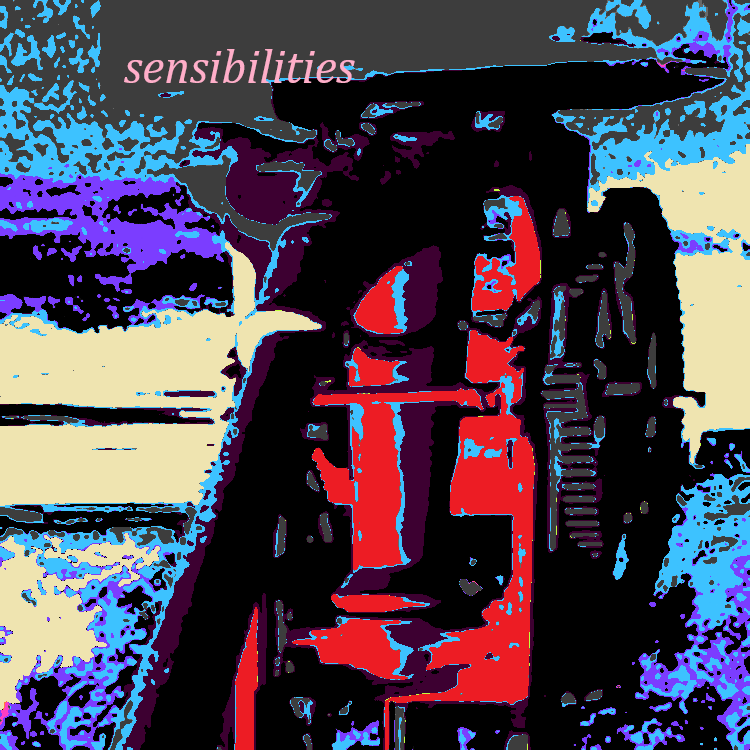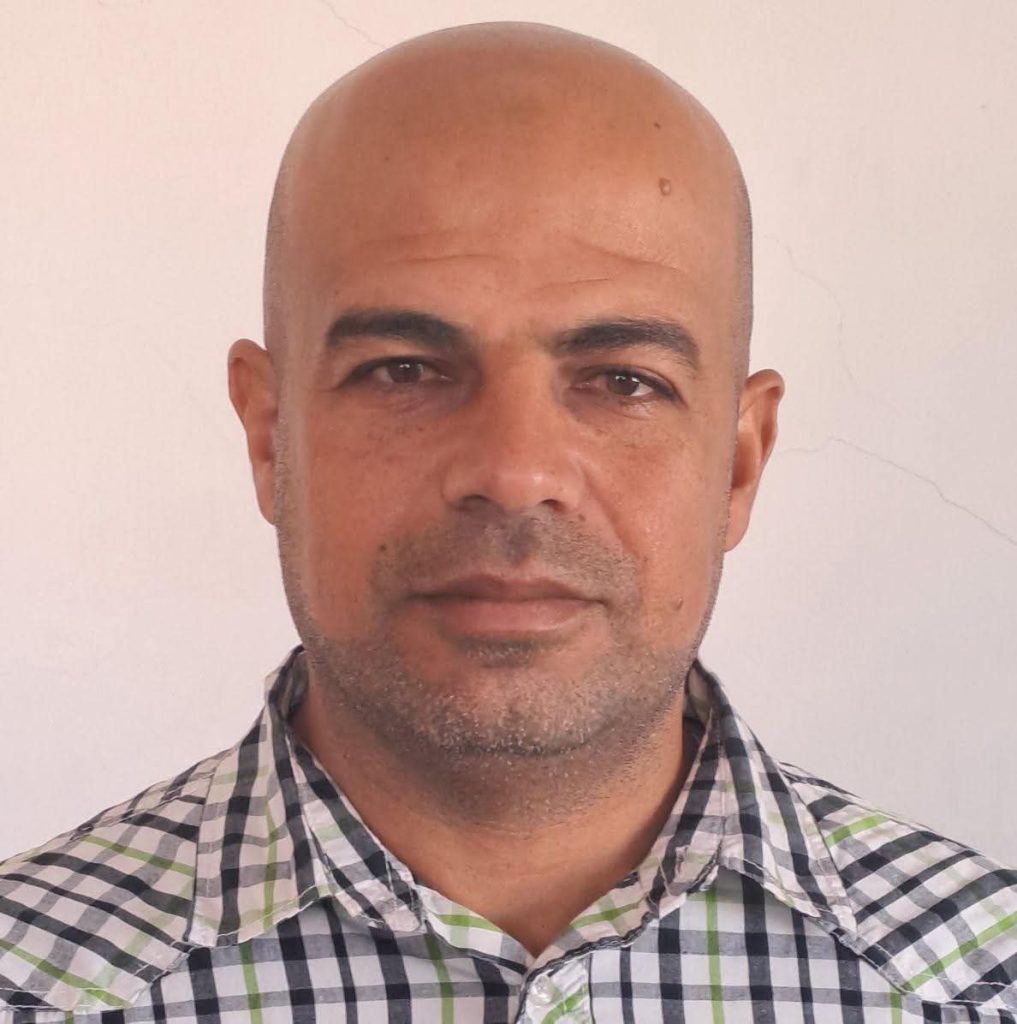Discipline as a social event and pedagogical process: The statute of pre-school education in Uzbekistan and the role of it in bring up kids.
Student of Andijan State Institute of Foreign Languages
Faculty of English Philology, Teaching Methodology,
and Translation Studies, Nazarova Moxiniso
Muhammadaliyevamohiniso2003@gmail.com
Abstract: This article examines discipline as a pedagogical and social phenomenon in Uzbekistan’s pre-school education system. It explores the impact of legal statutes, teaching practices, and cultural values on children’s behavior and moral development. Emphasis is placed on the interaction between educators, families, and institutional frameworks. The study highlights how consistent routines, positive reinforcement, and respectful communication shape early childhood discipline. It argues that discipline is not punishment, but a means to guide children toward empathy, self-control, and responsible citizenship. The article provides practical insights for educators and policymakers aiming to improve disciplinary approaches in early education settings in Uzbekistan.
Keywords: Discipline, early childhood, preschool education, Uzbekistan, pedagogy, legal statutes, moral development, behavior, upbringing, socialization, child psychology, communication, teachers, families, routine, self-regulation.
Аннотация: В статье дисциплина рассматривается как педагогическое и социальное явление в системе дошкольного образования Узбекистана. Анализируются влияние нормативных актов, педагогической практики и культурных ценностей на поведение и нравственное развитие детей. Подчеркивается взаимодействие между педагогами, семьями и институтами. Исследование показывает, как постоянный режим, позитивное подкрепление и уважительное общение формируют дисциплину в раннем возрасте. Доказывается, что дисциплина — это не наказание, а средство воспитания эмпатии, самоконтроля и ответственности. Статья содержит практические рекомендации для педагогов и разработчиков политики в области раннего детского воспитания.
Ключевые слова: Дисциплина, ранний возраст, дошкольное образование, Узбекистан, педагогика, законодательство, нравственное развитие, поведение, воспитание, социализация, детская психология, общение, учителя, семьи, режим, саморегуляция.
Annotatsiya: Ushbu maqolada intizom O‘zbekiston maktabgacha ta’lim tizimida pedagogik va ijtimoiy hodisa sifatida tahlil qilinadi. Bolalarning xulqi va axloqiy rivojiga qonunlar, tarbiyaviy amaliyotlar hamda madaniy qadriyatlarning ta’siri o‘rganiladi. O‘qituvchi, oila va muassasalar o‘rtasidagi o‘zaro hamkorlik alohida e’tiborga olinadi. Intizomni shakllantirishda muntazamlik, ijobiy rag‘batlantirish va hurmat asosidagi muloqot muhim rol o‘ynashi ko‘rsatiladi. Maqolada intizom jazolash emas, balki bolalarni empatiya, o‘zini boshqarish va ijtimoiy mas’uliyat sari yo‘naltiruvchi vosita sifatida baholanadi. Amaliy tavsiyalar pedagoglar va siyosat ishlab chiquvchilar uchun keltirilgan.
Kalit so‘zlar: Intizom, erta yosh, maktabgacha ta’lim, O‘zbekiston, pedagogika, qonunchilik, axloqiy rivojlanish, xulq-atvor, tarbiya, ijtimoiylashuv, bolalar psixologiyasi, muloqot, o‘qituvchilar, oilalar, tartib, o‘zini boshqarish.
Introduction
Discipline is a fundamental component of any educational system and a key mechanism in shaping children’s behavior, values, and attitudes from early childhood. In Uzbekistan, pre-school education serves as a foundational stage in which discipline is introduced not only as a social necessity but also as a pedagogical aim. Pre-schools are often children’s first formal social environment beyond the family, making them vital platforms for social and moral education. Here, discipline evolves beyond mere obedience to become a holistic process that fosters emotional, moral, and cognitive development. This article examines how discipline operates within the legal and educational framework of Uzbekistan’s pre-school system and evaluates how educators and parents collaboratively instill socially responsible behavior in children.
Discipline in educational theory is generally regarded as the structured means by which children learn self-regulation, acceptable behavior, and respect for social norms. Prominent educational thinkers such as Rousseau, Dewey, and Vygotsky offered unique interpretations of discipline. Vygotsky emphasized the social roots of development, arguing that discipline is acquired through interactions with adults and peers. Dewey viewed the school as a miniature society where children learn cooperation and responsibility through experience. These theories support the idea that discipline should not be punitive but should guide children toward internalizing values and developing autonomy.
From a sociological perspective, discipline is a process of integrating the individual into society. Children grow up surrounded by cultural expectations, and discipline helps them navigate these norms. In Uzbekistan, social traditions emphasize respect for elders, humility, and cooperation. These values are reinforced in pre-school environments, where educators model appropriate behavior and social expectations. Through structured routines, peer interactions, and guided play, children learn to internalize the behavioral standards of their community. Teachers thus act not only as educators but also as cultural transmitters.
Pedagogically, discipline aims to create an environment conducive to learning, cooperation, and personal growth. In Uzbek pre-schools, discipline is embedded in the structure of the day—through scheduled activities, routines, and consistent expectations. Teachers employ strategies such as positive reinforcement, storytelling with moral messages, and structured group activities to help children practice patience, empathy, and self-control. Discipline is seen as a proactive process where children are encouraged to understand the consequences of their actions and learn problem-solving skills through guided reflection.
Teachers in Uzbekistan’s pre-school institutions are central to implementing effective disciplinary strategies. Their training includes modules on developmental psychology, behavioral management, and conflict resolution. Teachers are encouraged to use age-appropriate, respectful methods to guide behavior, such as storytelling, songs, role-play, and visual cues. A key component of their role is emotional modeling—children observe how teachers react to stress, resolve disputes, and interact with others, and they often mirror these behaviors. Thus, teachers must demonstrate calm, fairness, and empathy to foster the same in their students.
Discipline is most effective when schools and families work in harmony. In Uzbekistan, there is strong cultural emphasis on family involvement in child upbringing. Parents are regularly engaged through meetings, home-school communication diaries, and parenting workshops. Many families uphold values that align with school expectations, such as obedience and community orientation. However, discrepancies between traditional parenting methods and progressive educational approaches can create tensions. For instance, some parents may expect stricter discipline, while schools promote positive, non-punitive strategies. Effective collaboration and family education programs help bridge these differences.
Modern educational philosophy increasingly supports child-centered approaches that emphasize positive discipline. This method focuses on understanding children’s perspectives and guiding their behavior through dialogue and empathy. In Uzbek pre-schools, positive discipline might involve allowing children to make simple choices, engaging them in rule-making, and encouraging peer-to-peer problem-solving. For example, instead of scolding a child for interrupting, a teacher might explain the importance of taking turns and praise the child for showing patience. This encourages internal motivation and fosters emotional intelligence.
Field observations in various Uzbek pre-schools illustrate the practical application of discipline in everyday learning. In one example, teachers used a “feelings corner” equipped with toys and emotion cards to help children express their moods and resolve conflicts. Another school implemented a peer helper system where older children modeled appropriate behavior for younger ones. Daily routines included storytelling sessions focused on moral lessons, cooperative games, and structured transitions between activities. These practices show that discipline is not treated as a separate activity but is integrated into the overall learning process.
Despite progressive policies and practices, several challenges remain in implementing effective discipline. Large class sizes can make individualized attention difficult. Some teachers, particularly in rural areas, lack access to continuous professional development in child-centered techniques. Furthermore, traditional disciplinary methods such as verbal correction or shaming still persist in some settings. Without strong monitoring and support, it can be difficult to shift from authoritative models to more empathetic, educational approaches. Addressing these issues requires policy enforcement, teacher training, and cultural awareness.
Discipline within Uzbekistan’s pre-school education system serves as both a socializing agent and a pedagogical foundation. It reflects cultural values, legal standards, and educational goals aimed at raising morally responsible, emotionally balanced, and socially aware children. With ongoing reforms and greater collaboration among educators, families, and policymakers, discipline can continue to evolve toward more compassionate, child-centered practices that support holistic development.
References
- Abdullaeva, G. (n.d.). Child psychology and education: The Uzbek perspective. Tashkent State Pedagogical Press.
- Ahmedov, D. (n.d.). Educational reforms in Uzbekistan: Foundations and progress. Samarkand Academic Press.
- Akhmedova, S. (n.d.). Developing emotional intelligence in early childhood. Bukhara University Press.
- Alimov, R. (n.d.). The cultural dimensions of discipline in Uzbek society. Andijan Cultural Studies Press.
- Baxromova, N. (n.d.). Family involvement in early childhood education. Ferghana Education Press.
- Dustova, M. (n.d.). Integrating positive discipline into the Uzbek curriculum. National Pedagogical Review.
- Islomova, Z. (n.d.). Teachers as role models in pre-school education. Tashkent Early Childhood Journal.
- Juraev, K. (n.d.). Social norms and moral development in Uzbek pre-schools. Regional Educational Research.
- Karimov, B. (n.d.). Legal frameworks for pre-school education in Uzbekistan. Tashkent Legal Studies Press.
- Mamatova, F. (n.d.). Classroom management strategies for early years teachers. Namangan Teacher Training Series.
- Nazarova, D. (n.d.). The role of routine in child development. Central Asian Pedagogy Review.
- Rashidov, S. (n.d.). Parenting styles and discipline in Uzbek families. Journal of Social and Family Research.
- Tojiboyeva, O. (n.d.). Pedagogical innovations in Uzbekistan’s pre-schools. Modern Education Series.
As an educator, Nazarova Moxiniso is deeply interested in preschool pedagogy, child development, and innovative teaching practices that support holistic education.











